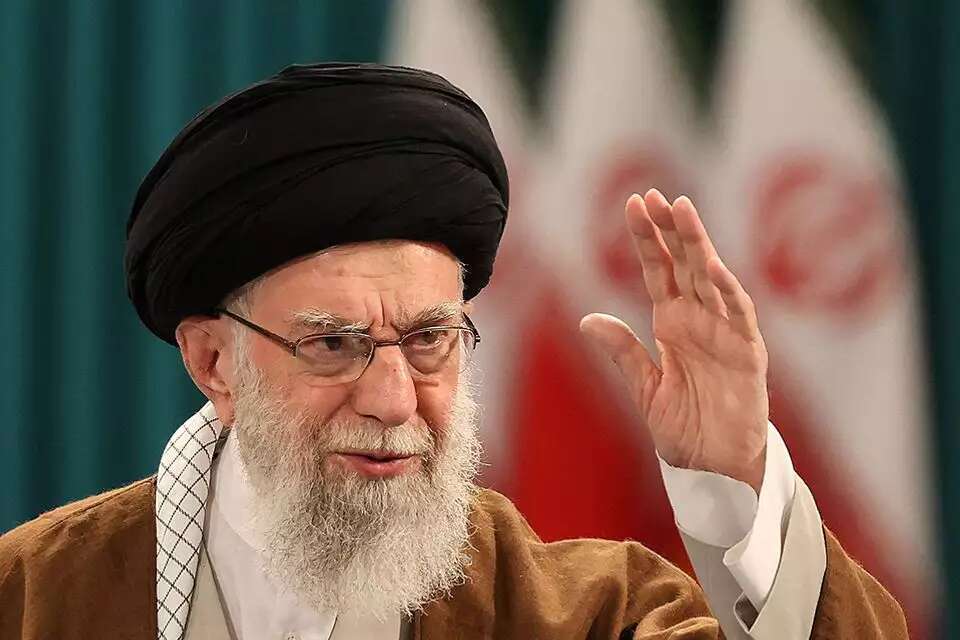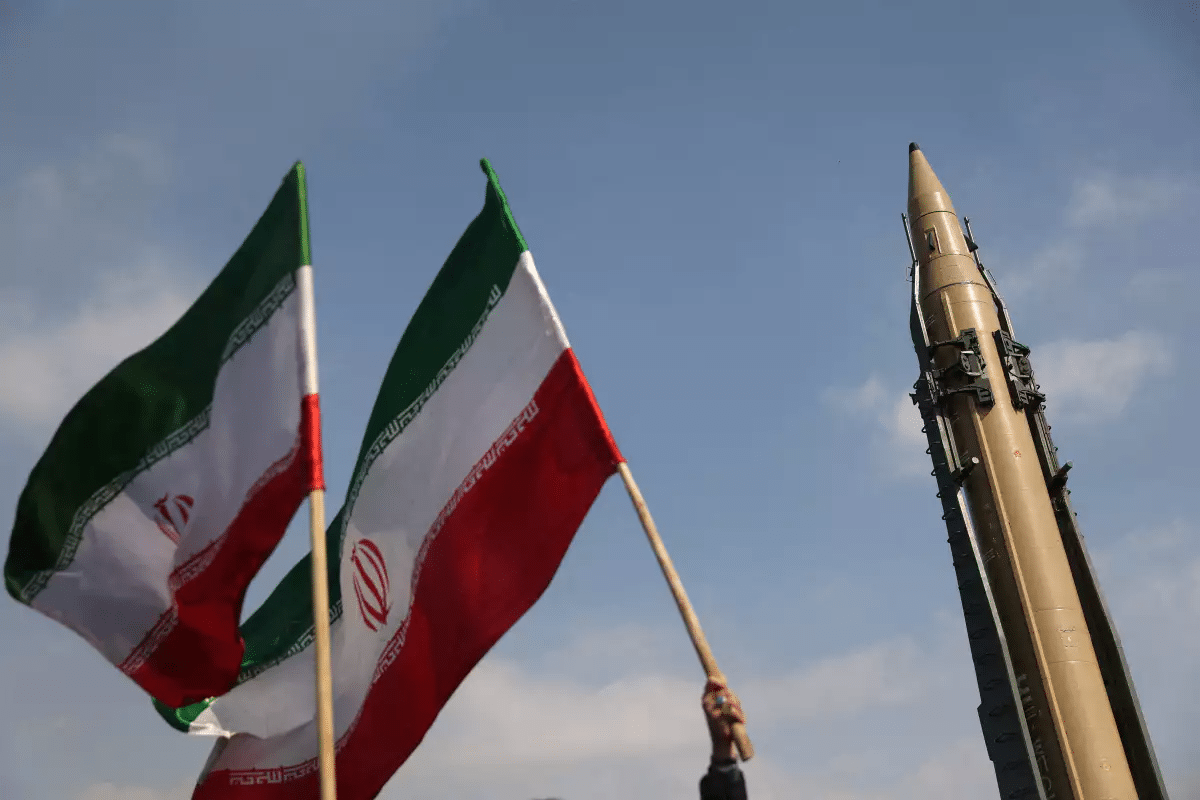According to the report, Khamenei had imposed his own restrictions and conditions for Iran's participation in the talks, demanding that negotiations be conducted indirectly, with no face-to-face meetings between senior officials of the two countries. The article also noted that concern over Iran's deteriorating economic situation was a key factor in Khamenei's ultimate decision to allow the country to enter negotiations.

The first round of indirect talks between Iran and the US on Tehran's nuclear program is set to open Saturday in Muscat, the capital of Oman. Iranian media began covering the development extensively on Friday, launching criticism at the US and President Donald Trump.
The conservative Kayhan newspaper published an editorial stating that even the very existence of indirect negotiations constituted "a severe humiliation" for Trump, declaring, "We have never considered him or his efforts worthy of direct talks." The paper asserted that the discussions were taking place with the blessing and approval of Iran's Supreme Leader.
Reuters reported that the two delegations would be in the same room but would not conduct direct talks. Iranian Foreign Ministry spokesman Ismail Bagheri attempted to strike an optimistic tone ahead of the talks, while also lowering expectations of a potential agreement.

"With sincere and open caution, we are giving diplomacy a chance. We are not prejudging the other side, and we are not expecting anything. Our intention is to assess the other side's intentions and the seriousness it demonstrates in order to determine our next steps," Bagheri said.
Meanwhile, US Central Command announced Thursday that the aircraft carrier USS Carl Vinson had arrived in the region, joining the USS Harry Truman, which has been spearheading US operations against the Houthi rebels in Yemen since March 15.

All of this is unfolding as representatives from the US and Iran prepare to meet Saturday to discuss a possible nuclear agreement, talks that are taking place under the shadow of Trump's threat of "bombings the likes of which have never been seen" if no agreement is reached. Reuters also reported this week that Iran had warned regional countries that allowing the US or Israel to use their territory for an attack would be considered grounds for an Iranian military response.
Earlier this week, Trump reiterated that he was not taking the military option off the table regarding Iran, but said that if it came to that, Israel would take the lead. "As for Iran, if military force is required, we will use it. Israel, of course, will be very involved. They'll lead it, but no one leads us, we do what we want to do," he said.
Widespread skepticism
Saturday's negotiations will mark the first formal return to the table for the US and Iran on the nuclear issue since the 2015 Joint Comprehensive Plan of Action (JCPOA) was signed, and seven years after President Donald Trump withdrew from the accord, calling it "the worst deal ever."
The prospects for a new deal are widely viewed with skepticism, and the reasons are clear: Washington is demanding a broader, more stringent agreement; Iran's conservative faction remains entrenched in its hardline positions; and Israel continues to insist on a comprehensive resolution to the Iranian threat, one that includes the ballistic missile program and Tehran's support for regional proxy terrorist organizations, issues that Iran has categorically rejected.
However, powerful forces are pushing for compromise: Iran's economy is buckling under the weight of the "maximum pressure" campaign, which has devastated its oil industry, while the US is building up a substantial military presence in the region. These dynamics have already brought Iran to the negotiating table, despite Khamenei's public opposition.




